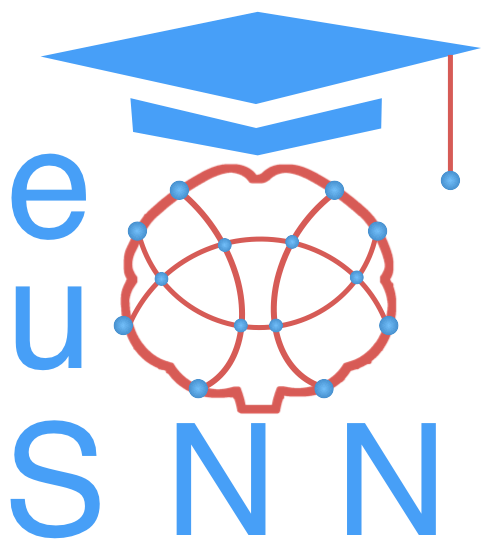Dynamic endogenous regulation of networks by memory, motivation and attention
Kia Nobre (PI), Mark Woolrich (PI), Oliver Kohl
It is increasingly recognised that various sources of endogenous signals regulate multiple stages of information processing during perception, decision-making, and action selection and preparation to guide adaptive behaviour. In addition to our current task goals (attention), predictions carried by previous experience at different time scales (memory), and salience rendered by motivational states all influence performance. Whereas the brain networks and mechanisms involved in top-down control by task goals (attention) have been extensively investigated, the equivalent networks and mechanisms associated with control by memory and motivation are less well understood. The extent to and manner in which these multiple sources of endogenous control interact or operate in parallel to modulate neural processing have also received little investigation. Manipulating each of these sources of endogenous control independently will help reveal their associated control networks and mechanisms and sites of proactive and dynamic neural modulation. Studies will combine fMRI for network localisation and MEG/EEG for investigating modulation in the fast dynamics of brain activity (including its strength, timing, oscillatory/bursting nature) at multiple processing stages. The adaptive regulation of neural processing by our goals, memories, and motivations is essential to healthy cognition, and distinct patterns of breakdown in these sys- tems of endogenous control are likely to characterise different neurodegenerative and neuropsychiatric conditions. Characterising the patterns of breakdown in endogenous control should provide valuable endophenotypic markers of disorders that also hold functional explanatory power.

 European School of Network Neuroscience
European School of Network Neuroscience